Headbands are fashion accessories that come in many different styles, patterns, and materials. The demand for headbands is increasing year-on-year. The global headband market is estimated to reach USD 3.8 billion by 2030, up from USD 2.9 billion in 2017. The projected compound annual growth rate (CAGR) is 4.5% across the peridod of 2018-2030.
This article will begin by looking at the rich history of headbands. Then it will assess the types of headbands that retailers can use when choosing which ones to sell. Then it will explore fashionable headbands and provide tips on how to select them for retail stores.
Table of Contents
History of headbands
Types of headbands
Fashionable headbands
Tips to wear headbands
Next steps
History of headbands
Headbands have been a popular fashion accessory throughout history. Even as far back as Ancient Greece, athletes and warriors wore headbands. They were luxurious hair accessories used to mark festive occasions. For example, the ancient Olympic Games awarded special wreaths to victorious athletes. This shows that even in the ancient world, headbands were not just fashionable accessories but also functioned as a sign of status.
As the fashion industry boomed in the 20th century, it spurred many different headband designs.. Their popularity spread, and they quickly became a must-have hair accessory. Iconic figures wore headbands as a fashion accessory, and in the 1930s, the French fashion designer Coco Chanel styled the headband with belted white trousers in an effortless manner. Sports stars also wore them too. An example is the 1920s tennis player Suzanne Lenglen, who wore one on the court.
They remained a classic style choice throughout the 1950s and 1960s. In the 1970s, headbands once again became associated with the sport. The legendary tennis player Björn Borg wore striped terry-cloth headbands, which became his trademark. Headbands also got combined with spandex and leg warmers during the 1980s.
Types of headbands
Headbands come in a variety of designs and materials. For example, fabric headbands can be made from a variety of materials, depending on their purpose.. Women can use sweat headbands while playing sports or engaging in physical activity.
Fashion-conscious consumers can also find headbands that suit their tastes. These headbands are made from thin plastic or other luxurious materials for added comfort. Numerous outfits are suitable for wearing with both plastic and luxury headbands.
Fashionable headbands
To source headbands that appeal to consumers, retailers should be aware of popular fashion trends. Fashionable headbands come in various styles, shapes, and sizes. Different headbands are popular among different demographics, especially buyers with thin hair and long hair. By considering these factors, business owners can learn what to look for before choosing which headbands to sell.
Colorful headbands embedded with jewels are a popular fashion choice for many consumers. The 1960s-influenced puffy headband is an example of this. It takes the simplicity of the fabric headband and adds a wow factor. It helps to show off hair by adding volume to the crown and is often made with velvet and similar materials. Jewelry often gets added to the fabric, resulting in a more expensive feel.
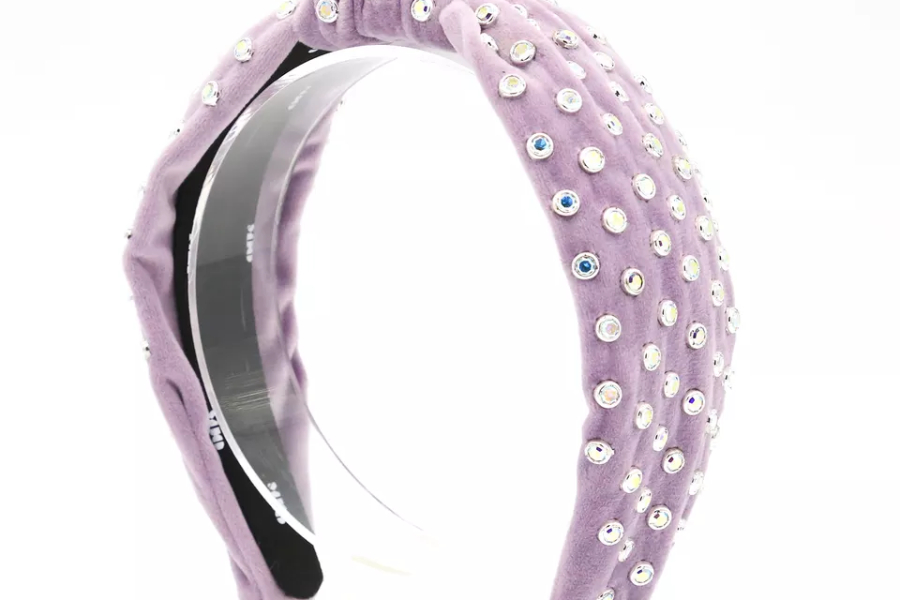
Some suppliers produce more luxurious headbands by using bright colors and rich fabrics and embedding more jewelry. This expensive look stands out and is something that appeals to buyers.
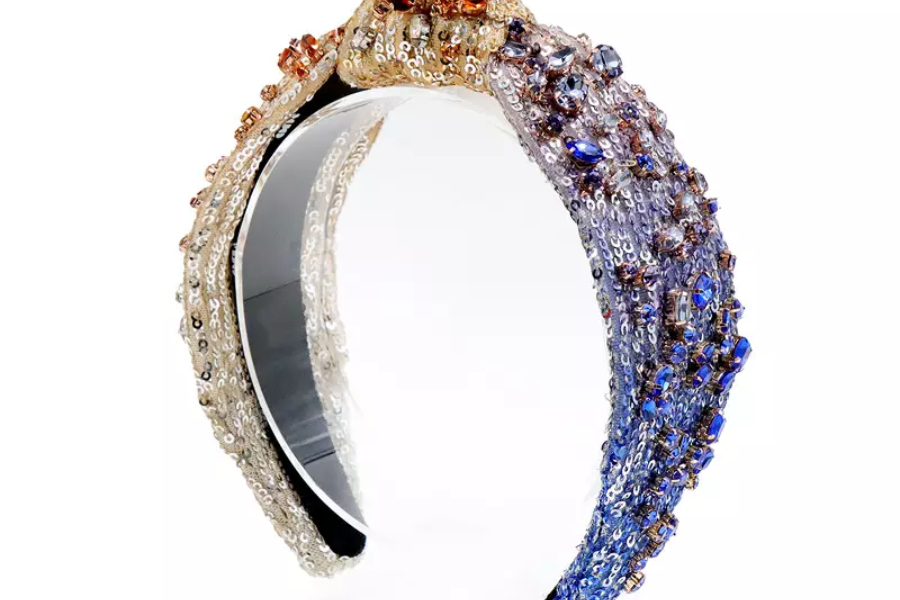
In addition to its jewelry, a headband’s material is something many buyers care about. Velvet is a popular material, as velvet headbands get used in formal and informal events. It is also durable and soft to the touch while still retaining a luxury appeal.
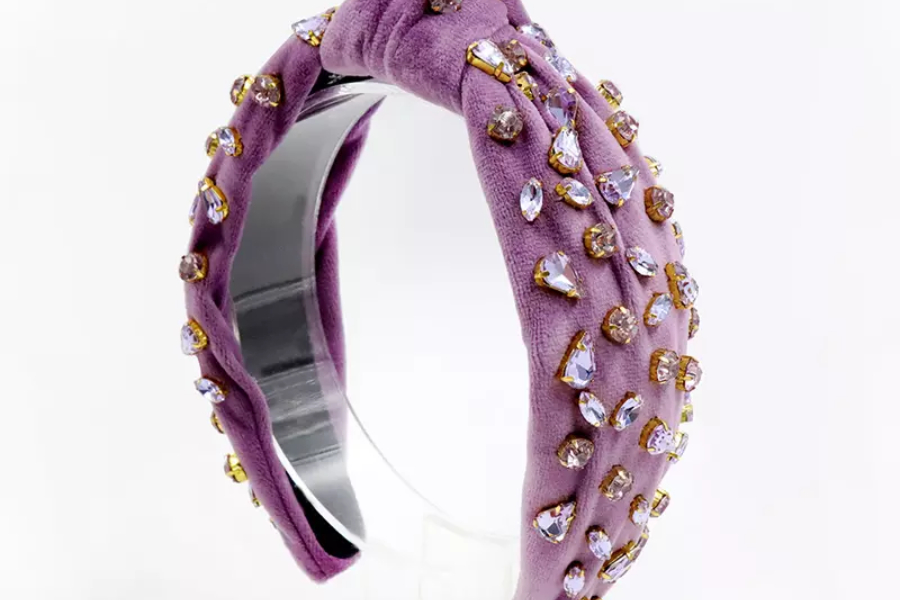
Bright and bold-colored headbands are also popular. But many customers want luxurious headbands that come in less striking colors, such as black. Black headbands are very popular as they work with a variety of outfits and stand out thanks to their jewelry.
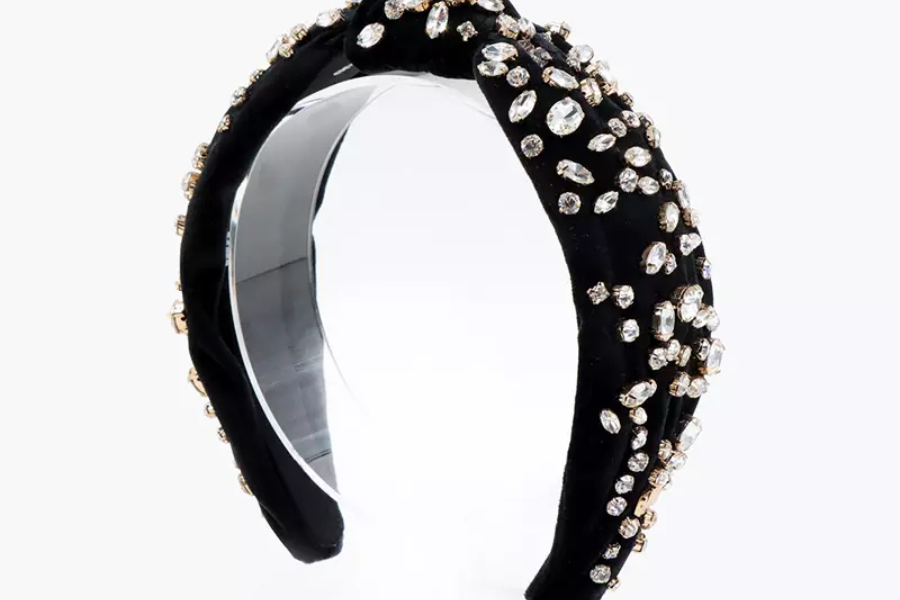
Children make up a significant segment of the headband market, and the demand for children’s headbands continues to grow. As a result, luxurious headbands for children come in numerous colors and designs.
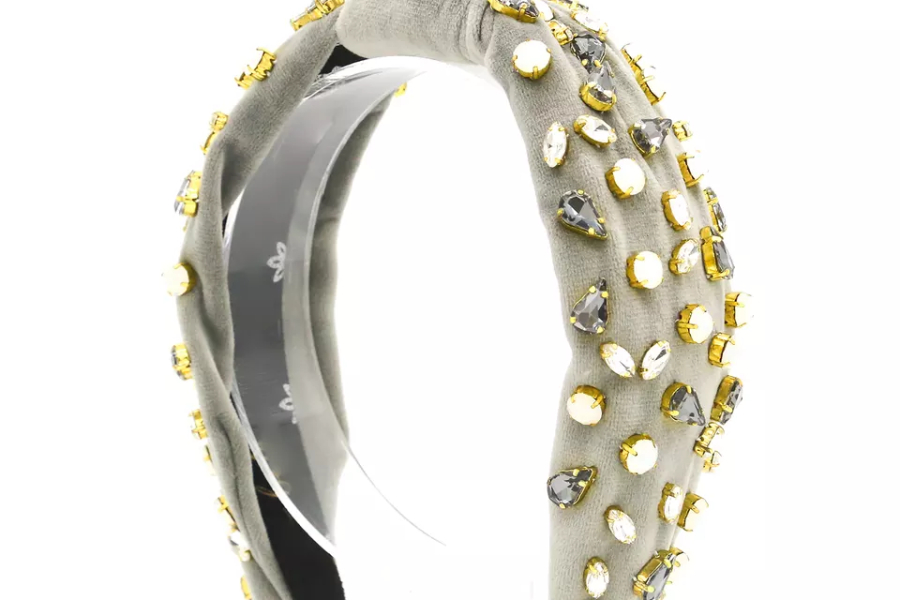
Tips to wear headbands
Purchasing and wearing a headband is quite simple. But there are some tips that retailers should keep in mind when sourcing headbands.
The climate is a determinant factor, as certain materials are better suited for different climates. For example, velvet headbands are better suited for cold winter seasons. The personal styles and hairstyles of buyers are relevant as well.
When sourcing headbands, businesses should consider the fabric materials and how they might affect customers with allergies. For instance, many metal headbands contain nickel, which can cause allergic reactions in some people.
Next steps
There are a large variety of headbands that get designed for different purposes. Headbands designed as fashion accessories are currently trendy. The headbands that businesses should stock depend on the retailer’s target market. Visit Chovm.com to find more fancy headbands!

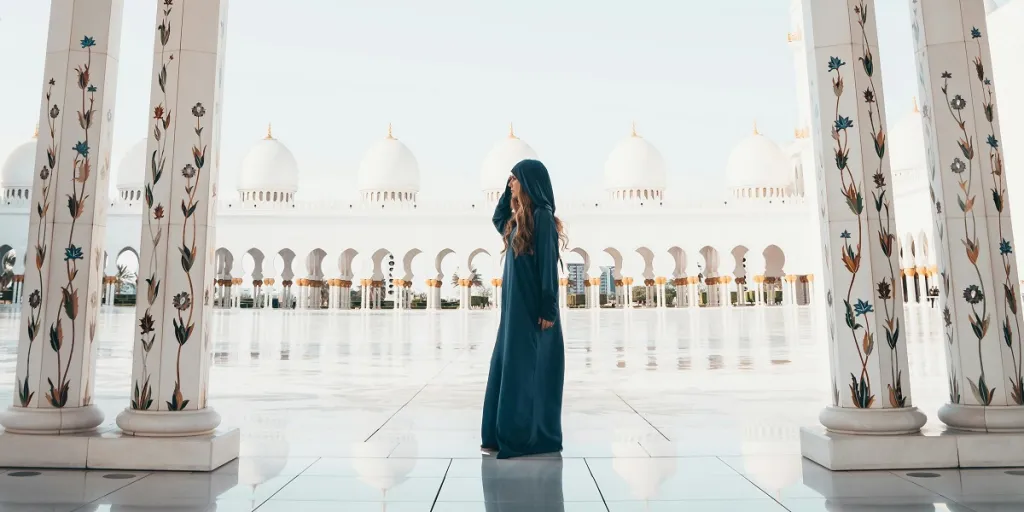
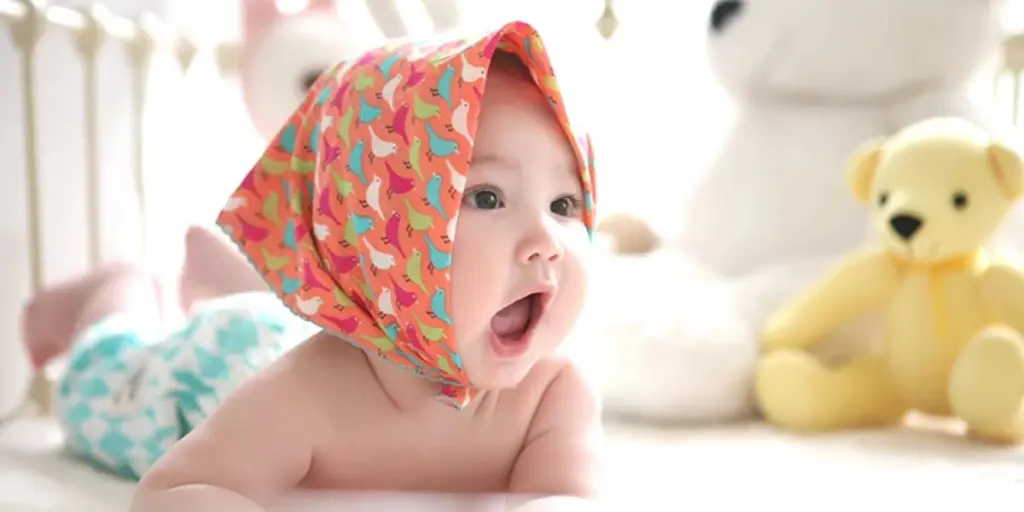
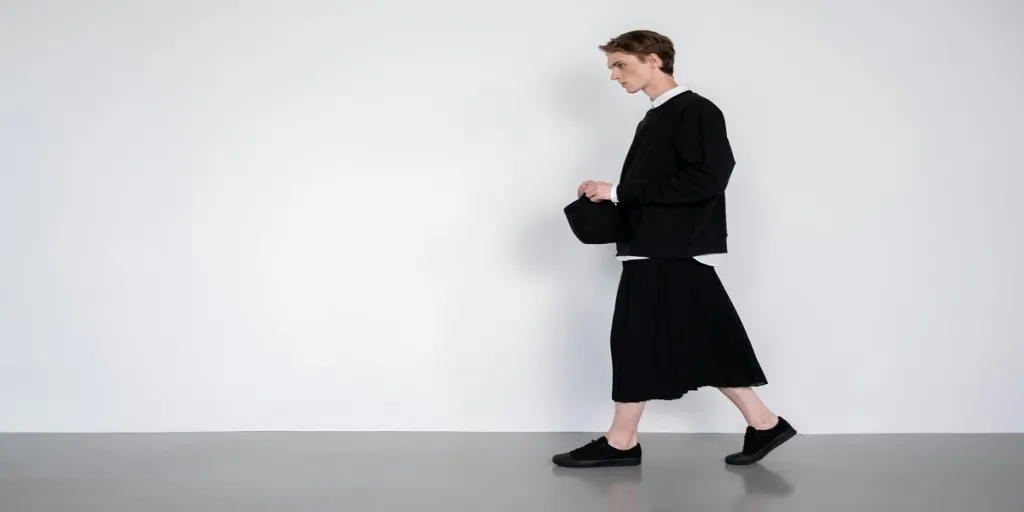
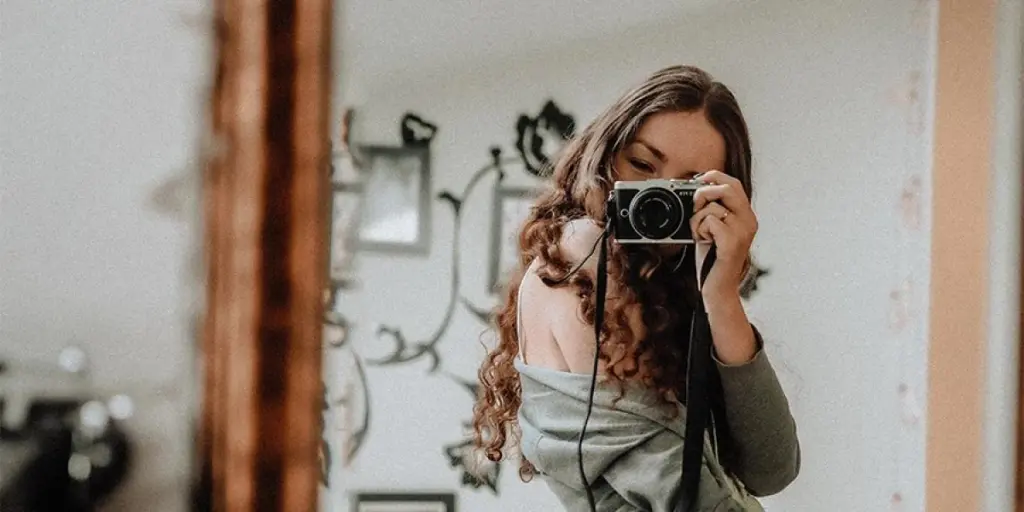
 Afrikaans
Afrikaans አማርኛ
አማርኛ العربية
العربية বাংলা
বাংলা Nederlands
Nederlands English
English Français
Français Deutsch
Deutsch हिन्दी
हिन्दी Bahasa Indonesia
Bahasa Indonesia Italiano
Italiano 日本語
日本語 한국어
한국어 Bahasa Melayu
Bahasa Melayu മലയാളം
മലയാളം پښتو
پښتو فارسی
فارسی Polski
Polski Português
Português Русский
Русский Español
Español Kiswahili
Kiswahili ไทย
ไทย Türkçe
Türkçe اردو
اردو Tiếng Việt
Tiếng Việt isiXhosa
isiXhosa Zulu
Zulu